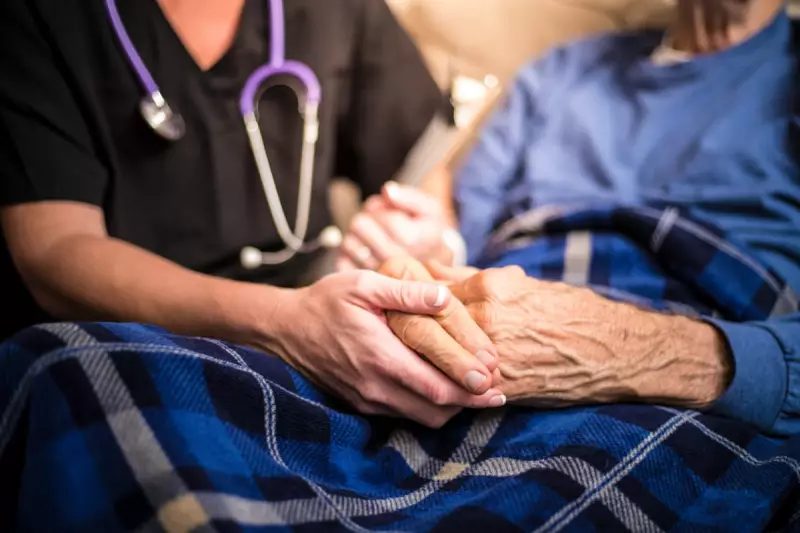
When elderly parents are admitted to hospital, their adult children often become distant visitors. But this absence isn't necessarily born of neglect—it's frequently rooted in complex emotional barriers that are making patients sicker for longer.
The Vicious Cycle of Hospital Loneliness
Medical professionals are observing a troubling pattern: elderly patients who receive fewer visits from family members experience significantly longer recovery times. This isolation creates a psychological burden that directly impacts physical healing.
"Loneliness becomes a secondary illness," explains one senior NHS consultant. "When patients feel abandoned, their motivation to participate in rehabilitation dwindles. We see higher rates of depression, poorer medication adherence, and slower physical progress."
Why Families Keep Their Distance
Contrary to popular assumption, this distance isn't typically caused by uncaring relatives. Several factors contribute to this phenomenon:
- Emotional overwhelm: Watching parents decline triggers profound anxiety and helplessness
- Practical barriers: Balancing caregiving with work and family commitments creates impossible choices
- Previous difficult experiences: Traumatic medical events can make hospital visits psychologically challenging
- Misguided protection: Some children believe they're "sparing" parents by avoiding emotional scenes
The NHS's Growing Concern
Healthcare providers are increasingly alarmed by this trend. Longer hospital stays strain already stretched resources and reduce bed availability for new patients. More importantly, they represent a failure in holistic patient care that goes beyond medical treatment.
"We're treating the disease but missing the person," says a geriatric specialist. "The emotional environment is as crucial to recovery as the correct medication."
Breaking the Pattern
Hospitals are beginning to implement strategies to bridge this gap, including:
- Designated family support coordinators to facilitate communication
- Flexible visiting hours that accommodate working relatives
- Psychological support for families struggling with hospital anxiety
- Clear communication about how visits directly impact recovery rates
The solution requires acknowledging that hospital care extends beyond clinical treatment to encompass the emotional ecosystem surrounding each patient. By addressing the reasons families stay away, the healthcare system can create conditions where elderly patients heal faster and return home sooner.





